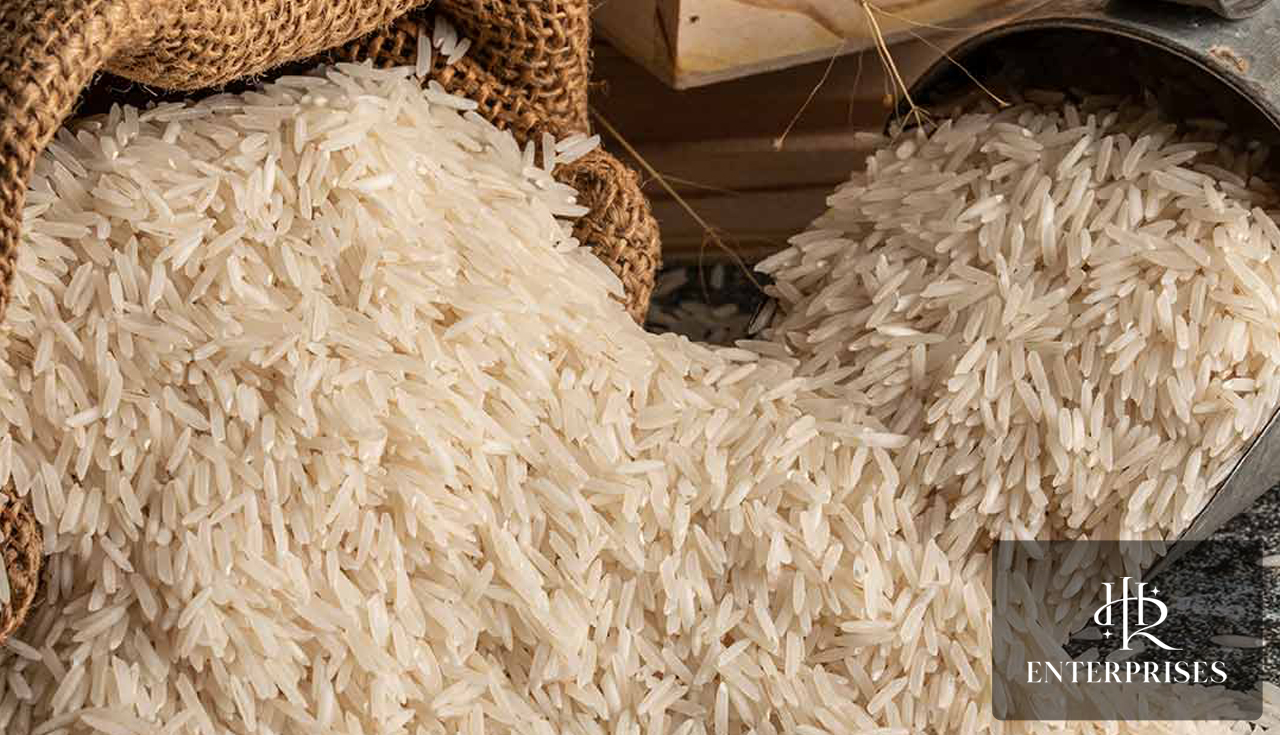Is Basmati Better Than White Rice?
When it comes to rice, there are many varieties to choose from, each with its own unique flavor, texture, and nutritional profile. Among the most popular are basmati and white rice. But which one is better? This article will delve into the details of basmati rice and white rice, comparing their health benefits, culinary uses, and nutritional differences to help you make an informed decision.
What is Basmati Rice?
Basmati rice is a long-grain rice variety that is primarily grown in India and Pakistan. Known for its fragrant aroma and delicate, nutty flavor, basmati rice is a staple in many South Asian dishes. It is often aged for a year or more to enhance its flavor and cooking properties.
What is White Rice?
White rice, on the other hand, is a more generic term that refers to rice that has had its husk, bran, and germ removed. This process strips the rice of some of its nutrients, but it also gives it a longer shelf life and a softer texture when cooked. White rice is commonly found in cuisines around the world, from Asia to Latin America.
Nutritional Comparison
-
Calories and Carbohydrates:
- Basmati rice and white rice have similar calorie and carbohydrate content. A cup of cooked basmati rice contains around 190 calories and 39 grams of carbohydrates, while a cup of cooked white rice has about 205 calories and 45 grams of carbohydrates.
-
Glycemic Index:
- One of the most significant differences between the two types of rice is their glycemic index (GI). Basmati rice has a lower GI (between 50 and 58), which means it causes a slower, steadier rise in blood sugar levels. White rice, however, has a higher GI (around 70), leading to quicker spikes in blood sugar.
-
Fiber Content:
- Basmati rice contains more dietary fiber compared to white rice. A higher fiber content aids in digestion, helps maintain a healthy weight, and can lower the risk of developing chronic diseases such as diabetes and heart disease.
-
Vitamins and Minerals:
- While both types of rice provide essential vitamins and minerals, basmati rice generally retains more of these nutrients due to its less processed nature. It is a good source of B vitamins, including B1 (thiamine) and B6, as well as minerals like magnesium, phosphorus, and zinc.
Health Benefits
- Blood Sugar Control: Due to its lower glycemic index, basmati rice is a better option for those managing diabetes or looking to maintain stable blood sugar levels.
- Heart Health: The higher fiber content in basmati rice can help reduce cholesterol levels and improve heart health.
- Digestive Health: Basmati rice’s higher fiber content also supports better digestion and can prevent constipation.
Culinary Uses
Basmati rice and white rice have different textures and flavors, making them suitable for various culinary applications.
- Basmati Rice:
- Ideal for dishes like biryani, pilaf, and as a side for curries due to its aromatic and fluffy nature.
- White Rice:
- Versatile and can be used in a wide range of dishes, from stir-fries and sushi to rice pudding and risotto. Its soft texture makes it a comfort food in many cultures.
Conclusion: Which is Better?
The choice between basmati rice and white rice ultimately depends on your nutritional needs and culinary preferences. Basmati rice offers several health benefits, including a lower glycemic index, higher fiber content, and more vitamins and minerals. Its aromatic flavor and fluffy texture make it a favorite in many traditional dishes. White rice, while less nutritious, is incredibly versatile and widely used in various global cuisines.
For those looking to manage their blood sugar levels, improve heart health, or simply enjoy a more nutrient-rich diet, basmati rice is a superior choice. However, white rice remains a beloved staple in many households for its ease of use and adaptability.
By understanding the differences between basmati and white rice, you can make an informed decision that best suits your dietary needs and culinary desires.

